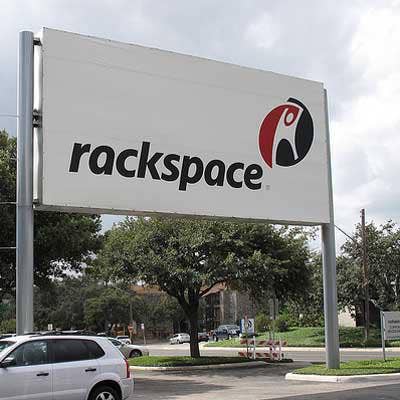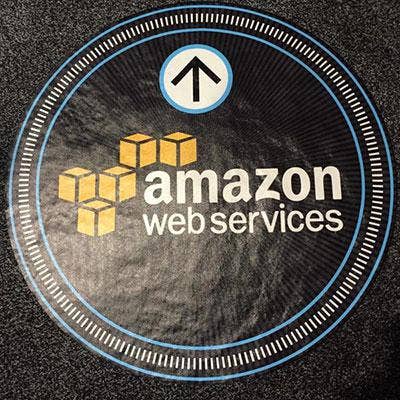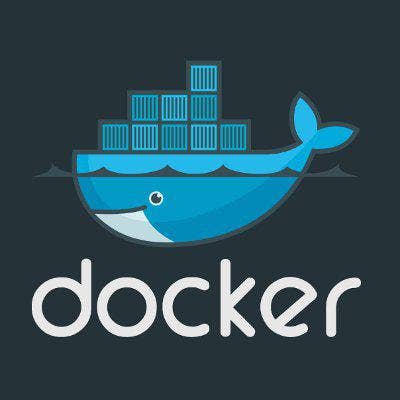5 Ways Rackspace Is Transforming Its Business Through Cloud Partnerships

Rackspace Reinvention
Rackspace has had a somewhat bumpy ride ever since it removed itself from the market more than a year ago and declared it would keep its independence.
Now the San Antonio-based company is going through a major transformation, shifting from being solely a managed public and private cloud provider to offering managed services for competitors' clouds.
Keeping one business from cannibalizing the other looks to be a tight balancing act, but Rackspace might benefit from riding a trend in which enterprises are increasingly reliant on multicloud environments.
Rackspace is betting on the emerging formula of "co-opetition" in the cloud market and is striking deals with a variety of vendors to leverage the power of partnerships.

OpenStack Innovation With Intel
Rackspace took the reins of the OpenStack cloud operating system when it was in its infancy at NASA and guided the technology toward becoming a revolutionary force in the cloud market.
In July, Rackspace partnered with chip-maker Intel to advance the open-source project with the goal of driving enterprise adoption by making OpenStack easier to deploy, manage and use. The partners will build the OpenStack Innovation Center, an R&D facility with a test cluster of 2,000 nodes housed at Rackspace's headquarters, where the world's largest assembly of OpenStack developers will gather.
The pool of engineers will focus on maturing the open-source code, making it easier to use and more enterprise-ready. What they won't do is create a new OpenStack distribution.

Hello Azure
Rackspace CEO Taylor Rhodes (pictured) joined Microsoft CEO Satya Nadella on stage in July at the Microsoft Worldwide Partner Conference to reveal a new alliance between the two cloud providers.
The deal brought Fanatical Support and some Rackspace monitoring services to Microsoft's Azure public cloud. Rackspace also became an Azure reseller, and the two providers revealed a hybrid solution combining Rackspace's OpenStack-powered private cloud with Azure.
Rhodes told Microsoft partners that Rackspace had been supporting customers on Microsoft platforms for a dozen years, most recently with Office 365, Microsoft's office productivity SaaS suite.
"We've got a long legacy of working together for our customers," Rhodes said. "We have found with our customers that we can do it more cost-effectively for them than they can do it themselves."

Fanatical Support For AWS
Rackspace and Amazon Web Services tied the knot on the first day of the AWS re:Invent conference in October, engaging in a formal relationship that many had been expecting.
The hosting company, once considered a serious threat to Amazon's public cloud business, revealed it had become an AWS Managed Service Provider -- a status that would have been unthinkable a couple years back.
The partnership enables AWS customers to hire Rackspace to provide its distinct customer support platform -- Fanatical Support -- to workloads running on Amazon's infrastructure.

Managed Security Stack
Responding to demand from customers and channel partners increasingly nervous about sophisticated cyberattacks, Rackspace in September introduced managed security and compliance services built through new partnerships with a variety of security vendors.
The cloud provider also launched two new practice groups -- one around security and the other around compliance assistance -- intent on continuing to develop and bring to market those holistic best-of-breed solutions.
The managed packages were a departure for Rackspace, which in the past had only offered its customers single-point solutions to choose from: firewall, threat management, intrusion alerting, encryption and antivirus. Customers were responsible for assembling the parts to protect their operational environments.

Carina For Docker
From the OpenStack Summit in Tokyo last month, Rackspace unveiled a free service called Carina that offers developers a native environment for deploying Docker containers.
Carina is built on the backbone of OpenStack -- leveraging the open-source cloud orchestration technology's control over networking, storage and core infrastructure -- but essentially delivers a container platform divorced from the underlying infrastructure.
Rackspace customers will be able to spin up container clusters in seconds with native Docker tools. And Carina automatically scales to meet demand for resources.
The container service is first being launched in beta on the Rackspace public cloud, but eventually will be available to private cloud customers.